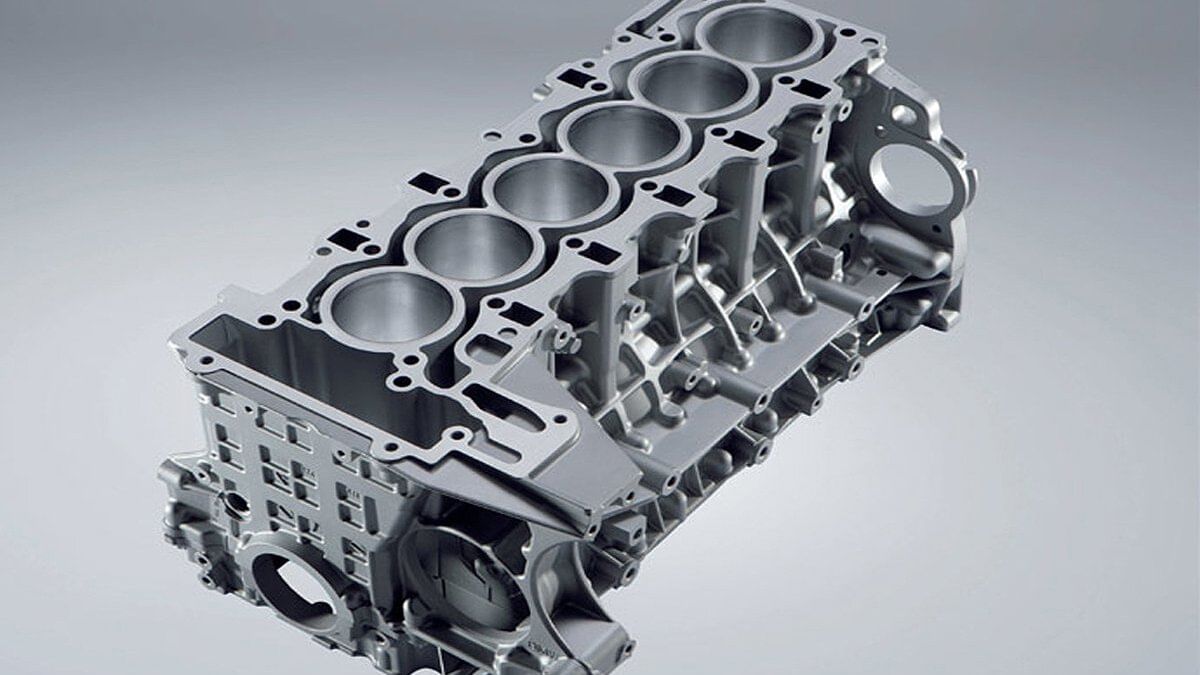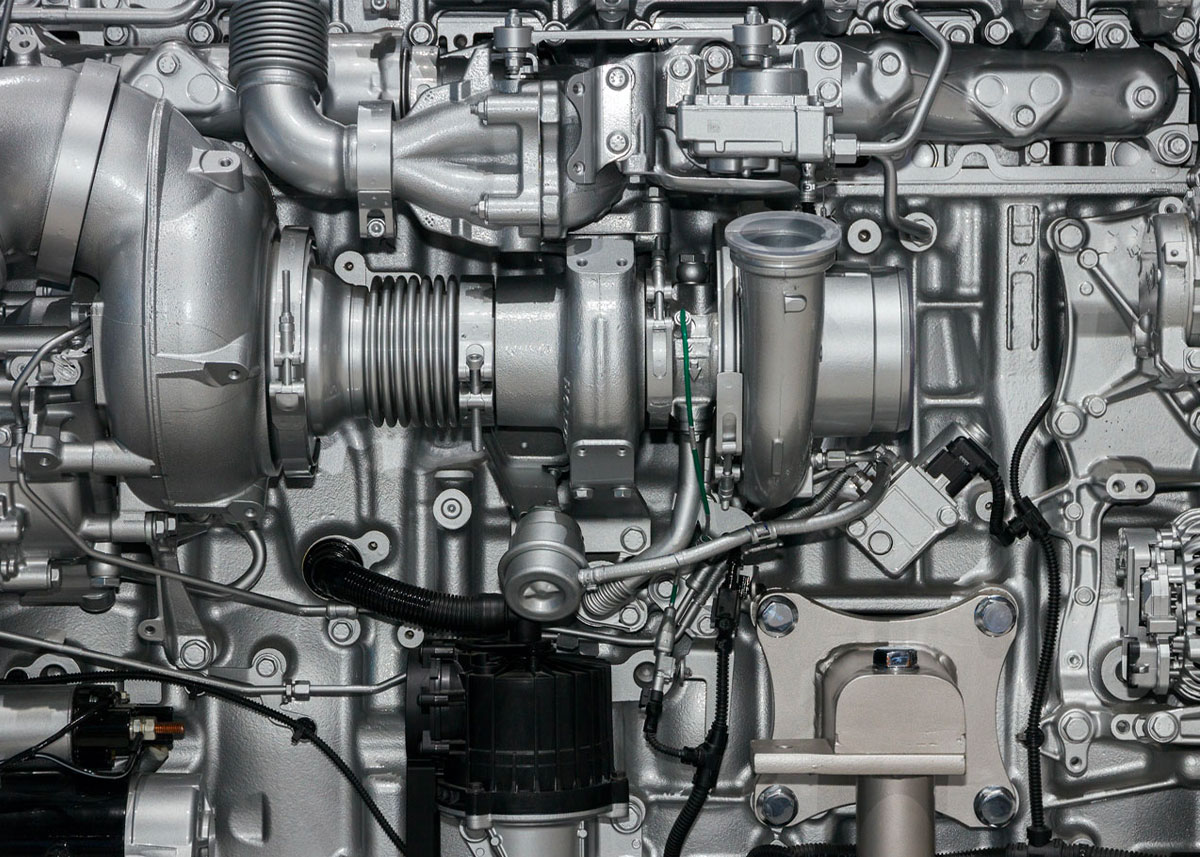Top-Rated Vendors: Engines For Africa Supplies Dependable Power
Top-Rated Vendors: Engines For Africa Supplies Dependable Power
Blog Article
Discover a Wide Array of Engines for Every Car and Function
The auto landscape is progressively complicated, with a varied variety of engine types developed to meet details efficiency and effectiveness requirements throughout different car categories. In addition, durable engines serve the needs of job automobiles, while environment-friendly choices are getting traction in the quest of sustainable transport.
Kinds of Automotive Engines
Automotive engines can be categorized right into several distinctive types, each made to satisfy details performance and performance requirements. One of the most common groups include interior burning engines, electric engines, and hybrid systems.

Electric engines, on the other hand, operate electrical power kept in batteries, giving immediate torque and absolutely no emissions. These engines are becoming increasingly preferred because of developments in battery technology and the expanding emphasis on sustainability.
Hybrid systems incorporate both interior combustion and electric engines, allowing automobiles to enhance gas performance and lower exhausts by effortlessly switching between power resources. Each engine kind presents its disadvantages and advantages, influencing aspects such as lorry design, intended usage, and market need. Understanding these differences is critical for manufacturers and consumers alike when choosing the proper engine for their details needs.
Performance Engines for Sports Cars
Performance engines for sports cars and trucks are especially crafted to deliver enhanced power, speed, and agility, setting them besides typical automobile engines. These engines typically make use of advanced innovations such as turbocharging, supercharging, and variable valve timing to take full advantage of effectiveness and responsiveness.
Commonly, efficiency engines are made with higher compression ratios, which enable greater power extraction from fuel. This results in excellent horsepower and torque figures, allowing rapid acceleration and greater full throttle. The lightweight materials made use of in these engines, such as aluminum and carbon fiber, contribute to lowered total car weight, enhancing handling and ability to move.
Engine arrangements like V6, V8, and even hybrid systems prevail in efficiency cars, each offering distinct benefits in regards to power delivery and driving characteristics. The tuning of these engines is additionally vital; lots of manufacturers maximize the engine administration systems to provide an exhilarating driving experience, commonly including sporting activity modes that readjust throttle action and equipment changes.
Efficient Engines for Daily Commuters
In the world of daily travelling, efficient engines play a critical function in enhancing gas economic situation and lessening discharges while offering reliable efficiency. As metropolitan populaces grow and ecological concerns heighten, the need for vehicles geared up with effective powertrains has actually surged.
Modern engines developed for everyday travelers usually incorporate modern technologies such as turbocharging, direct fuel injection, and hybrid systems. Turbocharging improves engine effectiveness forcibly even more straight from the source air right into the burning chamber, permitting for smaller sized, lighter engines that do not endanger power output. Direct fuel injection improves fuel atomization, resulting in much better burning and boosted performance.
Crossbreed engines, combining internal combustion with electric power, additional enhance fuel economic climate, specifically in stop-and-go website traffic, where typical engines can struggle with ineffectiveness. Electric motors assist during acceleration and can operate independently at low rates, reducing overall fuel usage.
Additionally, developments in engine administration systems and light-weight materials add substantially to effective engine layout. By concentrating on efficiency, durability, and ecological sustainability, suppliers proceed to provide engines that not only satisfy the demands of daily commuting however additionally straighten with worldwide efforts to lower carbon impacts.
Heavy-Duty Engines for Work Vehicles
Sturdy engines for job cars are routinely crafted to provide outstanding torque and dependability under demanding problems. These engines are developed to perform in atmospheres where conventional engines might falter, such as construction websites, logging operations, and farming settings. The key focus of sturdy engines is their capability to generate high levels of power while maintaining durability over expanded periods of procedure.
Usually, heavy-duty engines use advanced materials and durable building strategies to endure the roughness of heavy work. Features such as strengthened cyndrical tube blocks, enhanced air conditioning systems, and progressed fuel shot technologies click to read add to their performance. These engines typically run at lower RPMs, which aids to optimize gas performance while supplying the necessary power for hauling and pulling.
Along with mechanical toughness, sturdy engines are typically outfitted with advanced electronic control units (ECUs) that handle efficiency, exhausts, and diagnostics. This integration enables much better tracking and upkeep, making certain that work cars stay reliable and functional.
Inevitably, heavy-duty engines are a vital part in the performance of numerous sectors, giving the essential power and dependability to take on the hardest of jobs.
Eco-Friendly Engine Options
The expanding focus on sustainability has actually caused the growth of green engine alternatives that focus on lowered exhausts and boosted gas effectiveness. These engines are created to lessen the environmental effect of cars while still delivering the performance and integrity anticipated by customers.
Among the most notable eco-friendly alternatives are electrical and hybrid engines. Hybrid engines combine conventional internal burning engines with electrical propulsion, enabling lowered gas usage and lower greenhouse gas exhausts. Electric engines, on the various other hand, operate totally on battery power, generating no tailpipe emissions and contributing to cleaner air top quality.
Another encouraging advancement is the development of biofuel engines, which make use of renewable sources, such as plant materials, to power lorries (Engines For Africa). By utilizing biofuels, these engines can minimize dependency on nonrenewable fuel sources and lower total carbon impacts

As the auto market evolves, green engine choices will play a vital role in driving the change towards even more sustainable transport services.
Verdict
From high-performance engines that boost sports automobile capacities to reliable versions focusing on fuel economy for everyday commuters, each type serves a certain feature. Sturdy engines provide to durable job lorries, while environmentally friendly choices, such as electric and biofuel engines, promote sustainable transportation.

Report this page